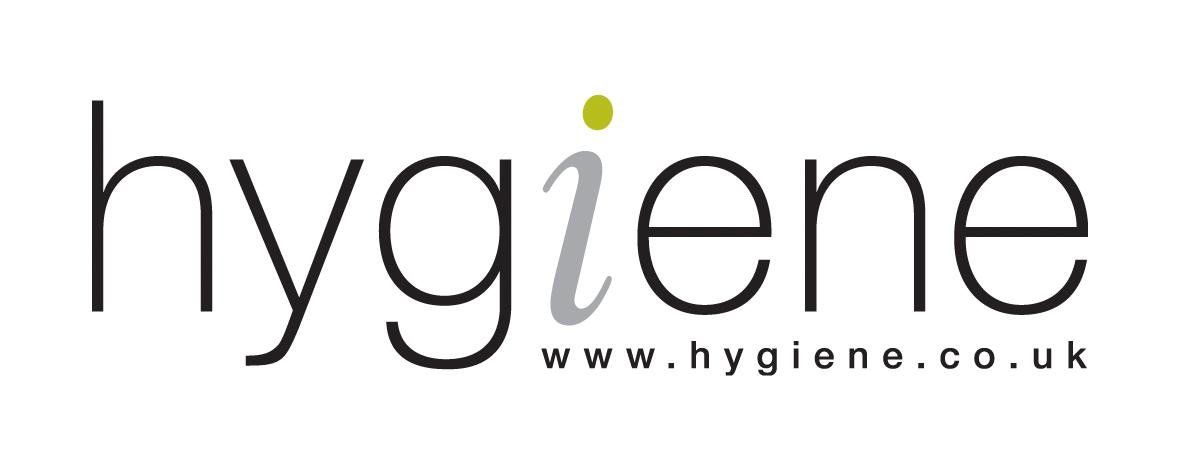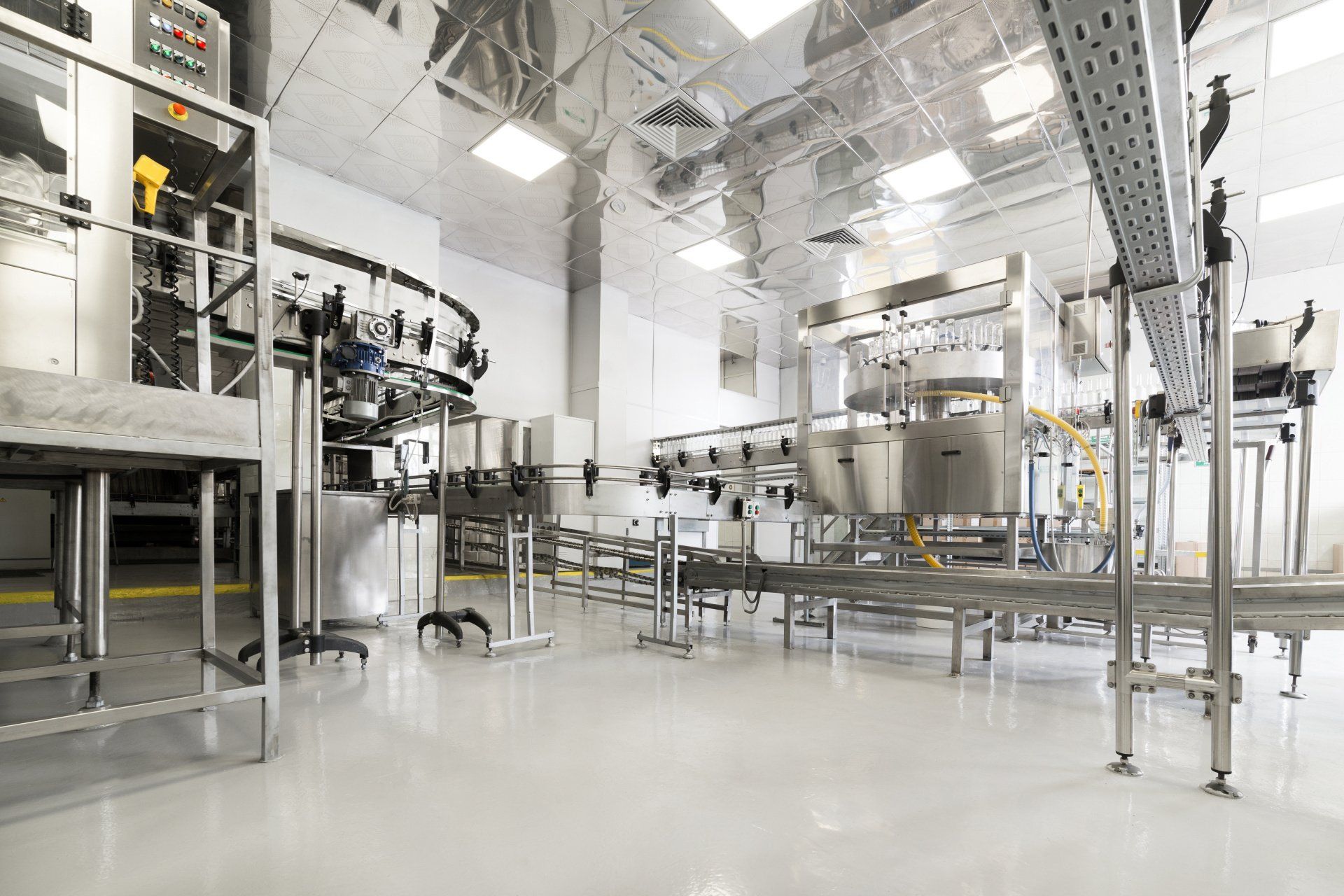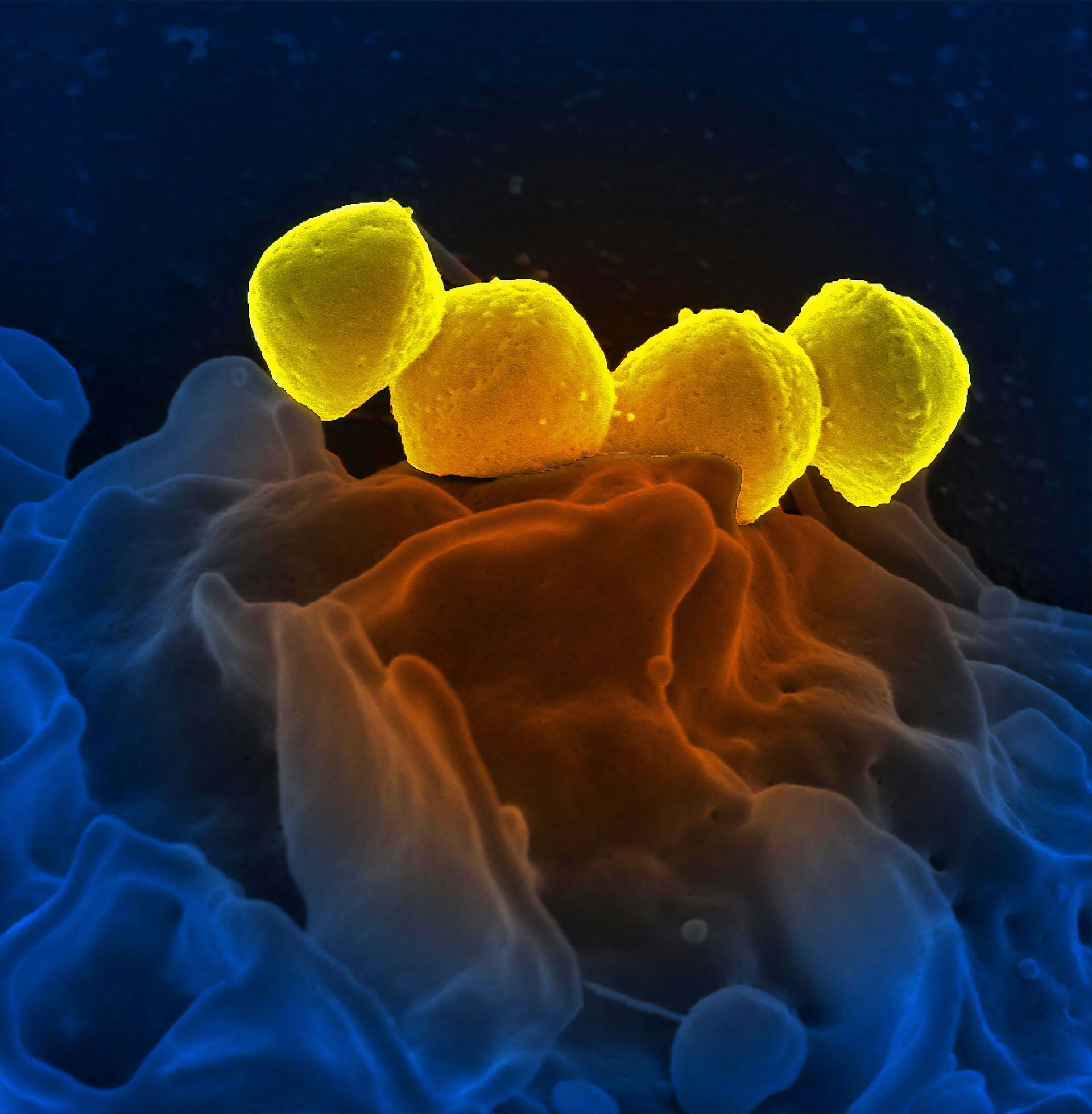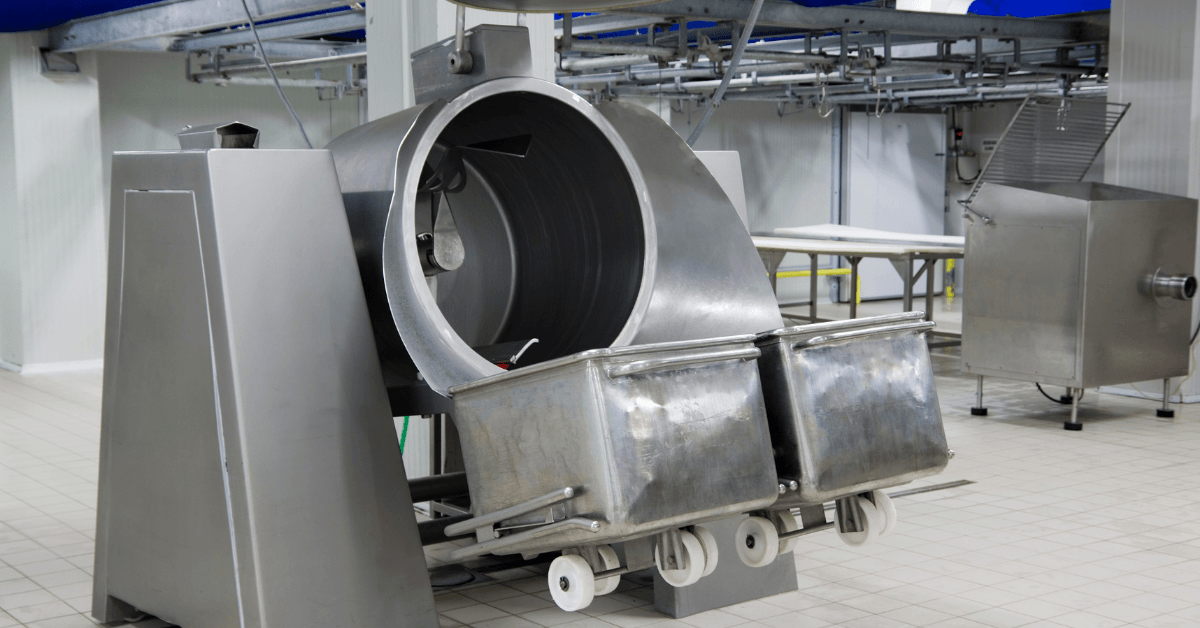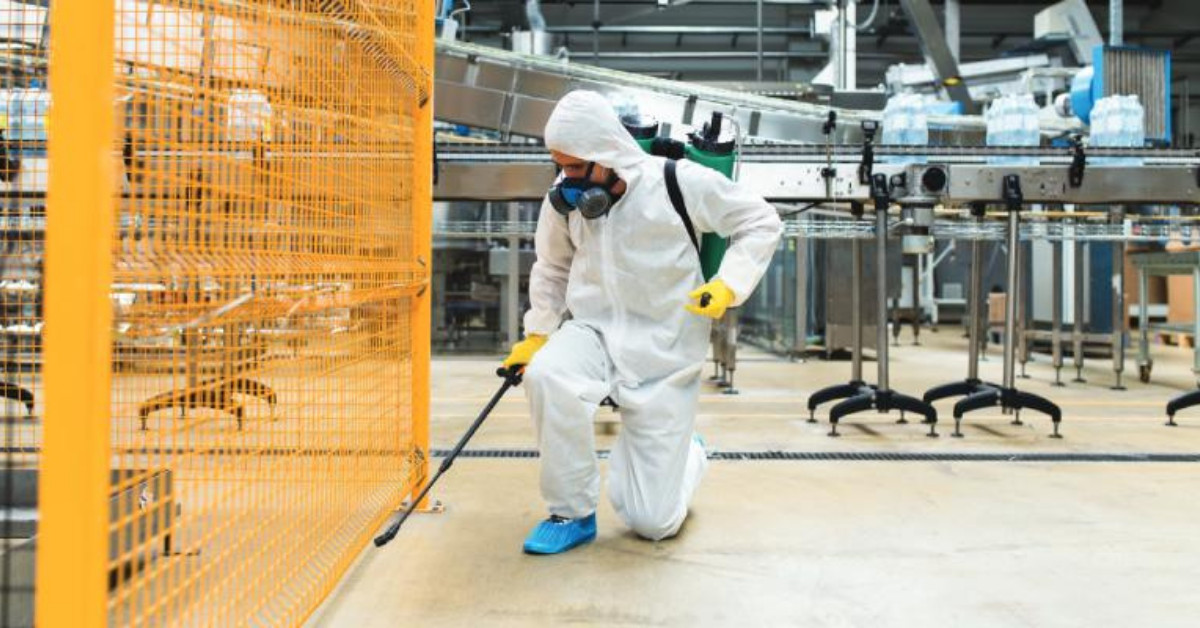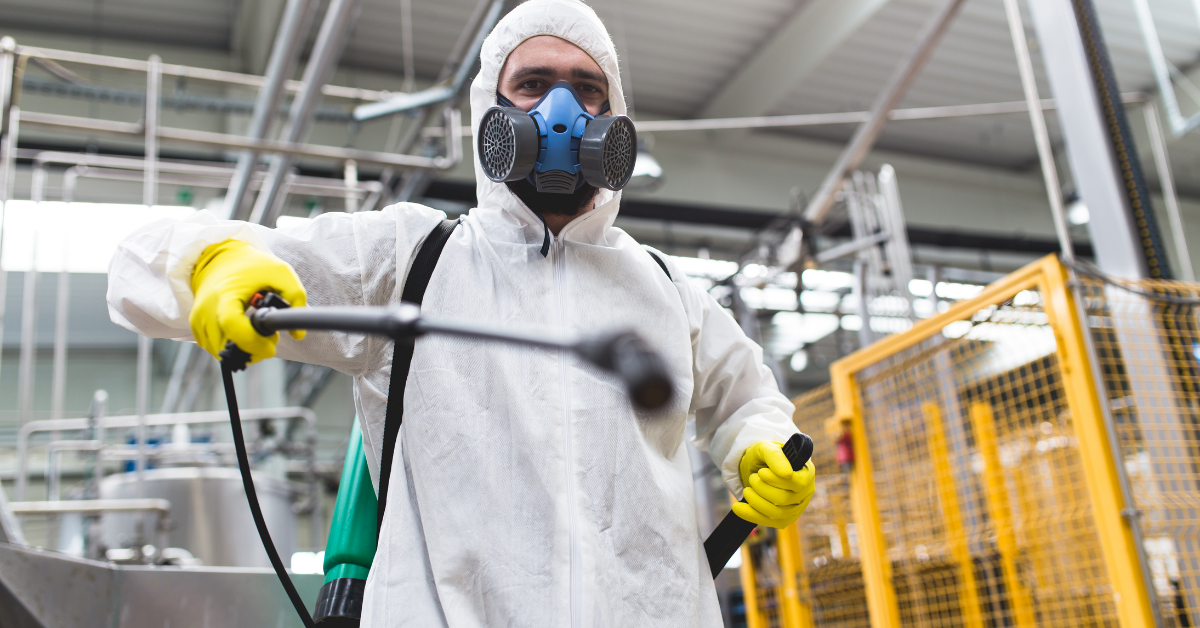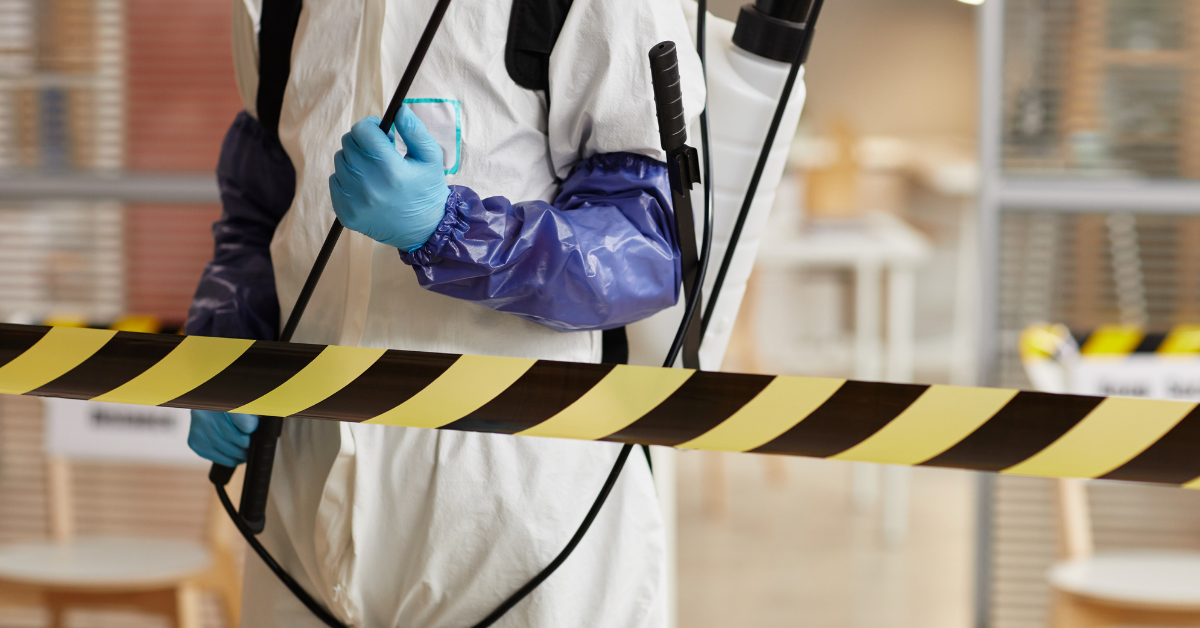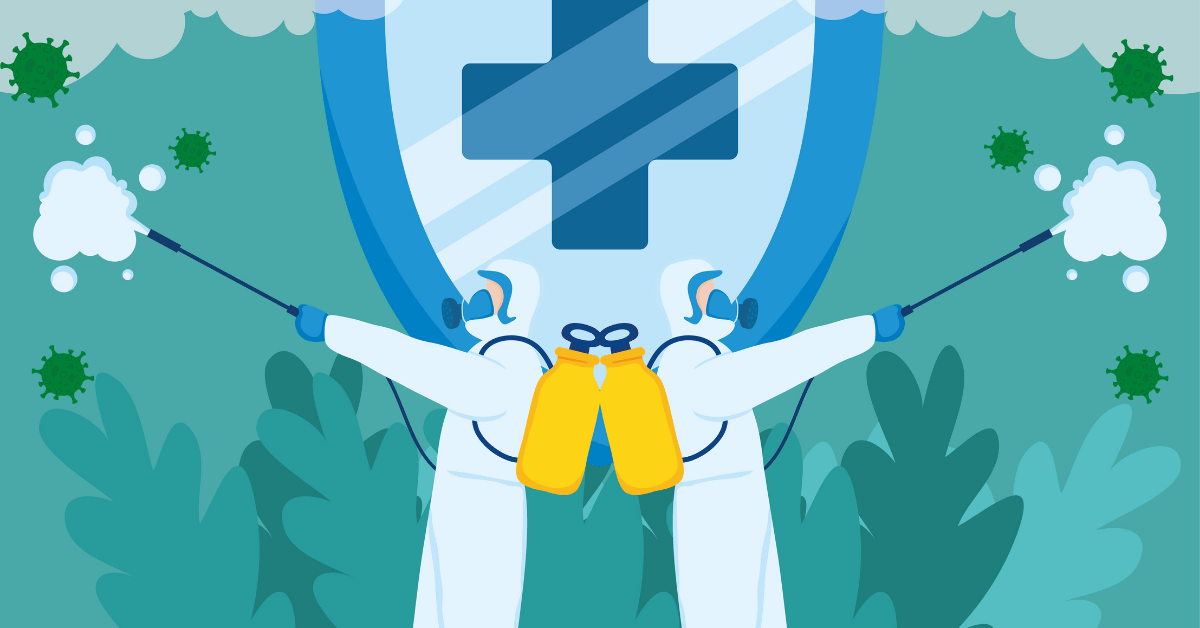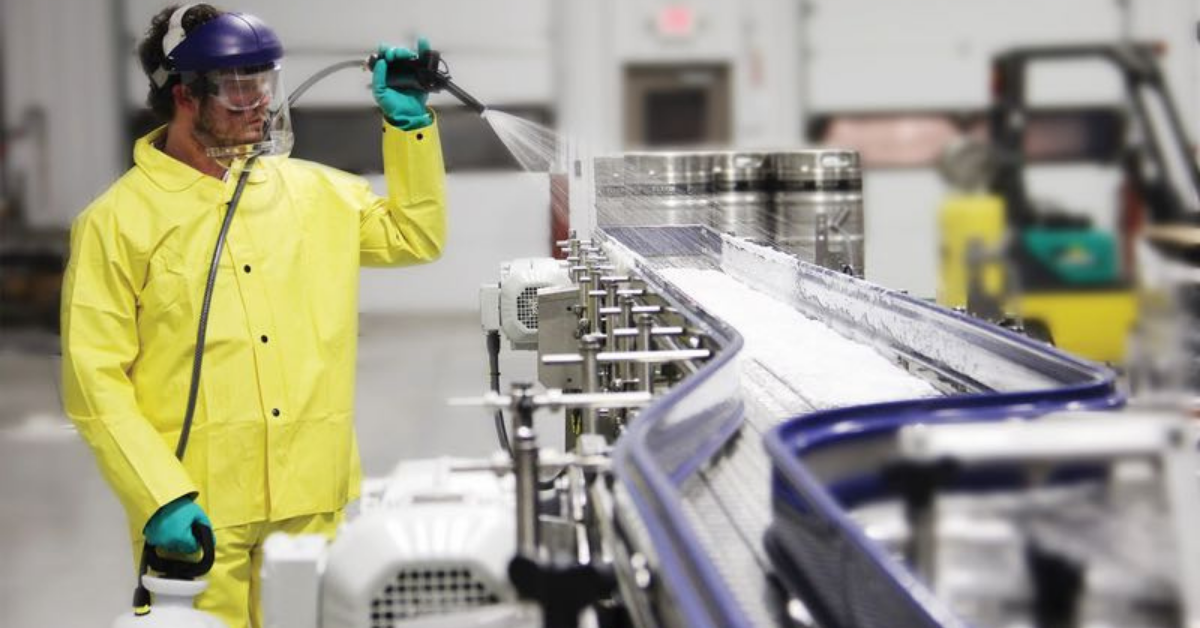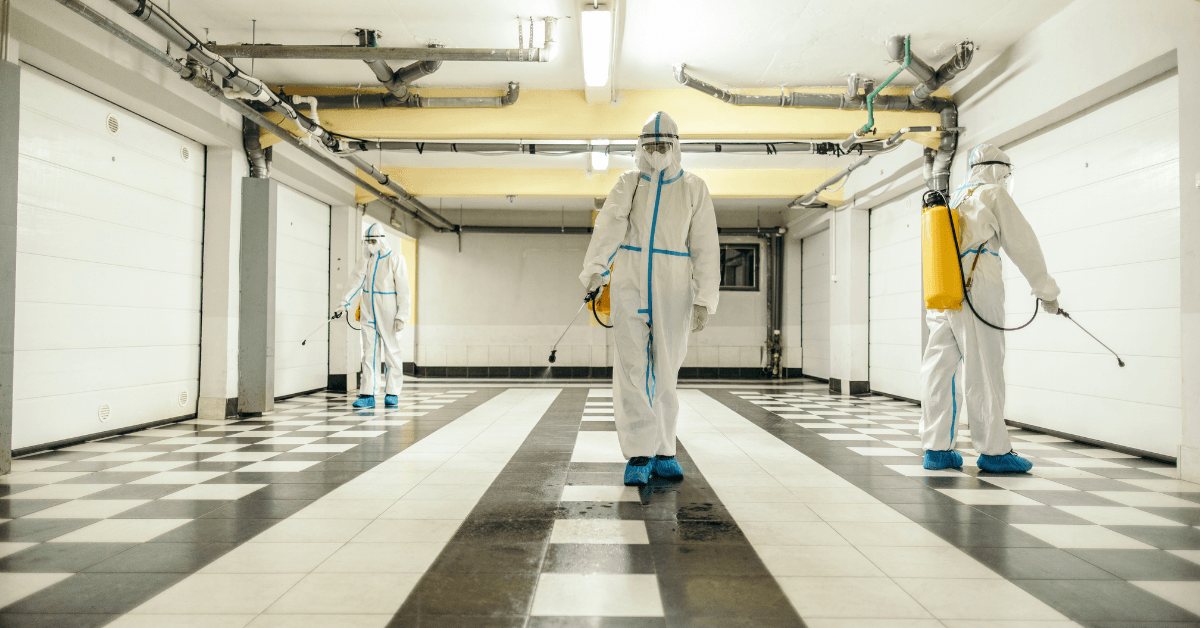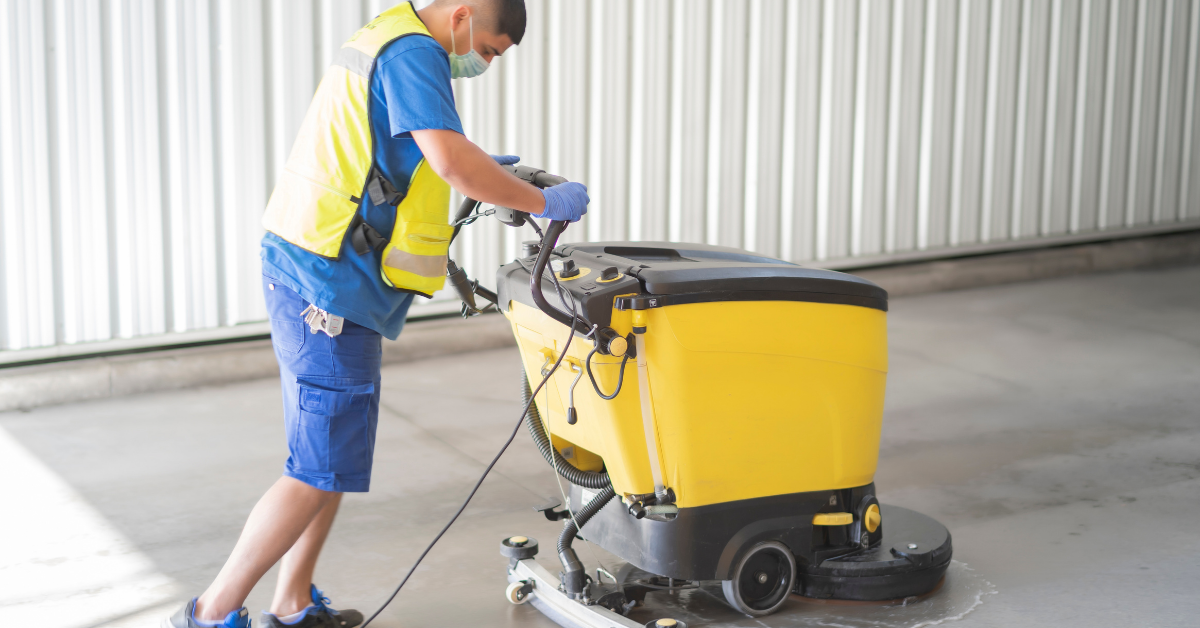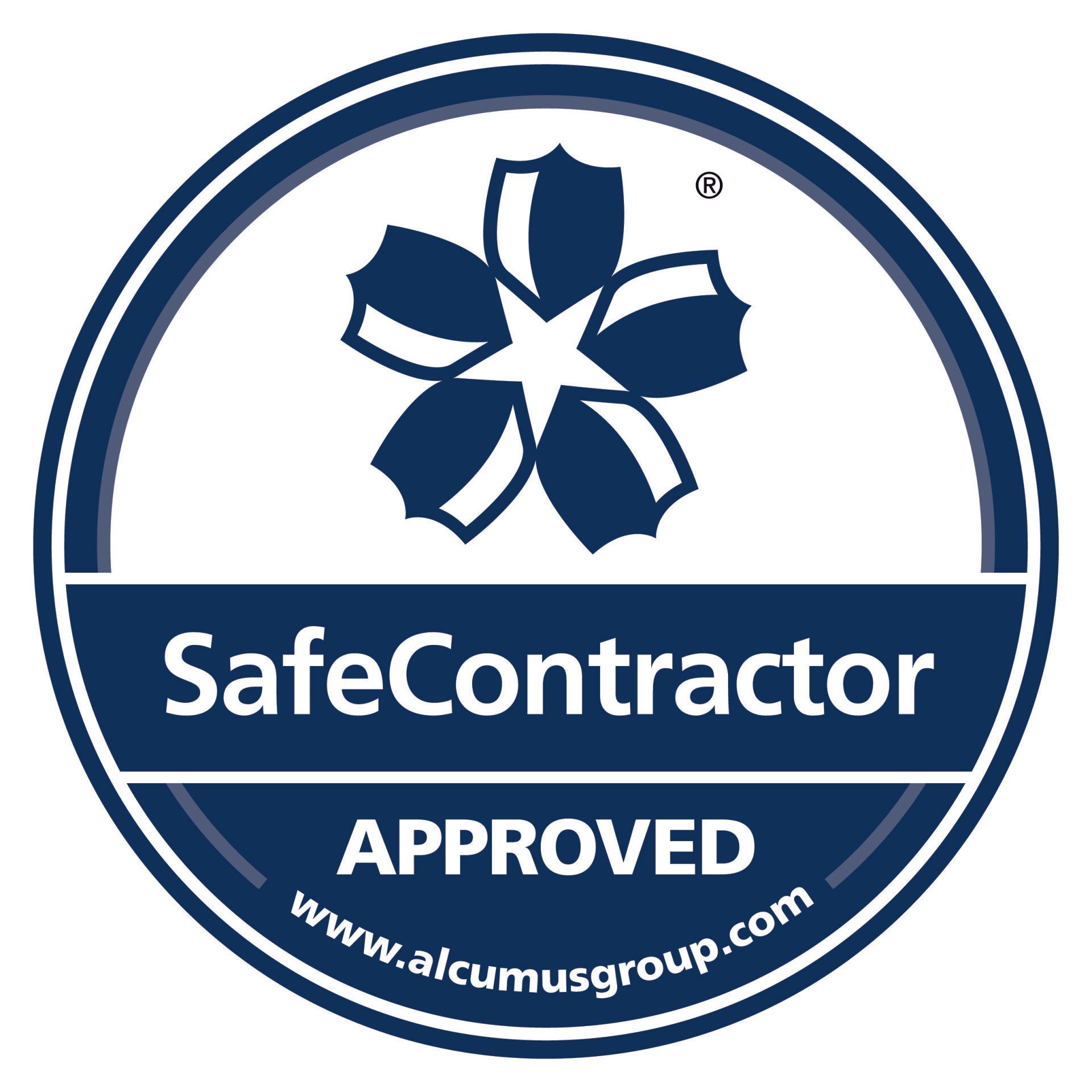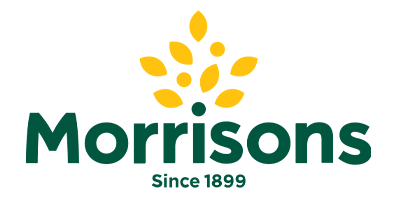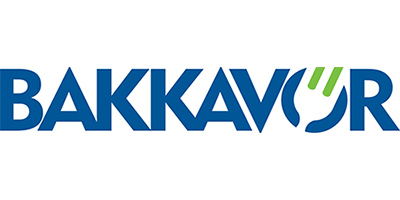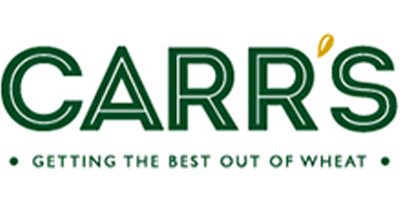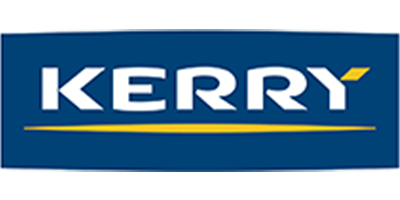How Wet Cleaning is Done in Food Production Plants
Food production plants have to be kept clean to produce safe food products. This means that the entire facility must be regularly cleaned, including the floors, walls, and equipment. The cleaning process can be difficult and time-consuming, but it is necessary to ensure the safety of everyone who works in the plant and the people who eat the food products. Improper cleaning can lead to contamination of the product and possible health risks for consumers.
To ensure that all food products are clean and safe for human consumption, food production plants follow a strict cleaning protocol. This includes using specific chemicals and cleaners, as well as following a specific sequence when cleaning the plant. We will discuss what goes into the cleaning process and how it is done in food production plants.
5 step approach to cleaning a food production plant
- Remove debris
Debris can contaminate both the product and the equipment, so it is important to remove it as early as possible. The first step in the cleaning process is to remove all of the loose food debris from the plant.
- Rinse off all residue
After the initial cleaning of food plants, the next step is to rinse off all residue. This will help ensure that there is no leftover dirt. Use warm potable water (less than 120° F/48.9° C) to rinse equipment during this step.
- Apply detergent
To ensure a successful chemical clean, you must use the right products and follow instructions. For example: if you have to remove fat and protein-containing oil base, it is better to use detergents with surfactants designed for this type of solution as they will be more effective than general-purpose cleaning agents. Make sure to mix them properly by looking at dilution rates or contact times provided by the manufacturer of cleaning products—this will help optimise performance!
Appling detergent to the floor and surfaces can be a time-consuming process, but it's essential for ensuring that the plant is bacteria-free. These detergents can be harsh on the skin and eyes, so it's vital to take precautions when using them. Always wear gloves and safety goggles when working with these chemicals, and make sure to wash your hands thoroughly after you're finished.
- Rinse off thoroughly
Rinse all the surfaces of food production plants with plenty of water after using detergent. This helps ensure that no residual detergent remains on the surfaces, which could lead to contamination.
Additionally, pressure washing improperly can damage your property or equipment. For optimal results, consult a professional before starting any pressure washing or cleaning project.
- Sanitise or disinfect
Disinfection kills bacteria and other organisms, making it a key step in ensuring the safety of the food that is produced. To help keep your environment safe, apply an effective sanitising or disinfecting chemical that's suitable for food and beverage processing.
It's essential for food production plants to properly disinfect all of their equipment and utensils before putting them back into use. Failure to do so can lead to contamination and the spread of harmful bacteria. To ensure that your plant is using the most effective disinfectants, be sure to consult with a professional cleaning company. They can provide you with the highest level of food production disinfection service. With proper disinfection in place, you can rest assured that your plant is producing safe, contaminant-free food.
If you require a deep clean for your food production plant, reach out to
Hygiene Group. With over 35 years of experience in the industry, we can provide you with a cleaning service that will leave your factory looking and smelling like new, ensuring that your products are safe for consumption. We understand the importance of keeping your production line running smoothly, so let us take care of the dirty work while you focus on making delicious food.
Contact us today to learn more about our services or to schedule a free consultation!
